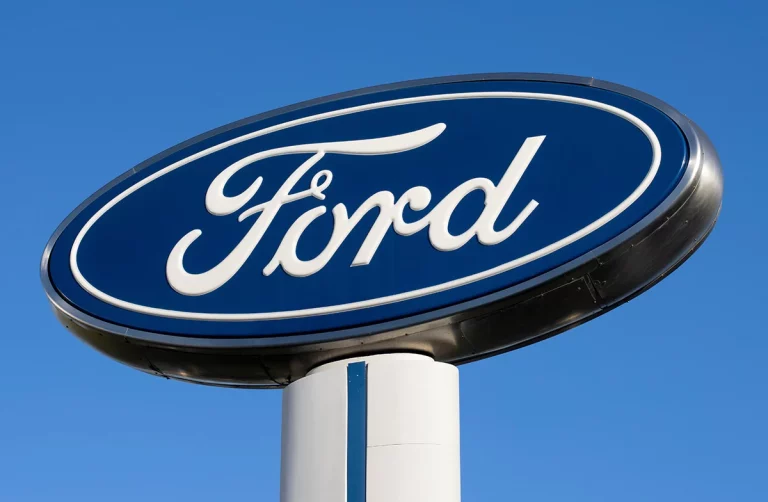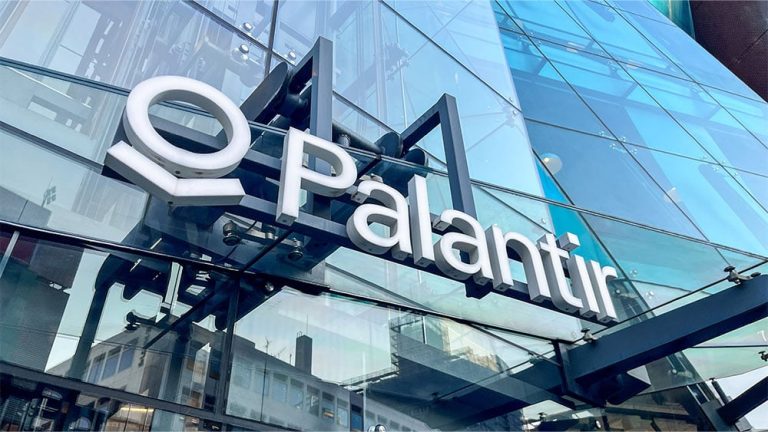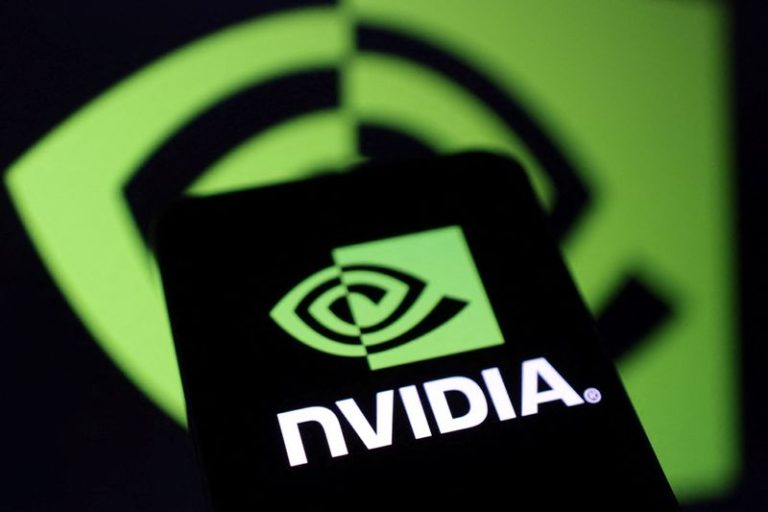Intel’s Stock Chaos: Why Big Investors Can’t Agree on Its Future!
Intel has been a household name in the tech world for decades, but lately, its stock has been all over the place. Some big investors are buying in, while others are jumping ship. Leadership changes, rumors of a buyout, and concerns about falling behind in AI are adding to the chaos. So, what’s really going on with Intel? Let’s break it down in simple terms.
Big Investors Can’t Agree on Intel’s Future
When it comes to stock prices, big investors (also called institutional investors) have a lot of power. These are huge firms, banks, and hedge funds that manage billions of dollars. If they start buying a stock, the price usually goes up. If they start selling, the price takes a hit.
Right now, these major players don’t seem to agree on what to do with Intel.
On one hand, Banco Santander S.A. recently bought over 87,000 shares, increasing its total to nearly 300,000. That’s a big sign of confidence in Intel’s future.

But at the same time, more than 2,000 institutional investors have sold off their Intel shares over the past two years. These include some major names like Capital Research Global Investors and Parnassus Investments. That’s a red flag—why would they be selling if they believed Intel was on the right track?
The mixed signals from these big investors are part of the reason why Intel’s stock price has been jumping up and down.
Stock Prices Soar and Crash Over Buyout Rumors
If you have been monitoring Intel’s stock, you may have noticed that it has been a little erratic. Before suddenly increasing by almost 40% in February 2025, its value had dropped precipitously during the previous year. And how did it occur?
There were rumors that either Taiwan Semiconductor Manufacturing Company (TSMC) or Broadcom may buy a stake in Intel. When investors hear rumors of a big merger or acquisition, they often rush to buy stock in hopes of making money if a deal is made.
But then, just as quickly as the stock shot up, it fell again. Broadcom’s CEO, Hock Tan, came out and said they weren’t interested in buying Intel’s product unit. Investors who had been hoping for a major deal lost confidence, and the stock dropped 2.4% in a single day, closing at $20.25.
This rollercoaster ride shows how much speculation can drive stock prices—even when there’s no real deal happening.
Intel’s CEO Resigned—And That’s a Big Deal
Investors typically worry when a company’s chief leaves unexpectedly. When Pat Gelsinger, the CEO of Intel, resigned in December 2024 after almost four years in the role, that is precisely what happened.
Gelsinger had tried, but failed, to change Intel’s situation. The company was having trouble competing with Nvidia and AMD, especially when it came to artificial intelligence (AI) technology. The future lies on artificial intelligence, and Intel is now lagging behind.
With Gelsinger gone, investors are asking a big question: Who will take over, and can they get Intel back on track? Until there’s a clear answer, uncertainty will continue to affect the stock price.
Intel’s Tech Needs to Catch Up—Fast
Intel has been making computer chips for decades, but right now, its biggest competitors are ahead in the AI race. That’s a huge problem because AI is expected to dominate the tech industry for years to come.
To compete, Intel has launched its new Xeon 6 processors, which are supposed to handle heavy AI workloads. If these chips deliver on their promises, they could help Intel regain lost ground.
Another big development is Intel’s 18A manufacturing process. Right now, Nvidia and Broadcom are testing Intel’s new chip-making technology. If Intel can prove that its chips are just as good (or better) than those made by TSMC, it could land some major contracts.
But the clock is ticking. Investors don’t want promises—they want results. If Intel doesn’t start making real progress soon, it could continue to lose ground to its rivals.
What Are Analysts Saying?
If you ask stock market experts about Intel, you’ll hear very different opinions.
- Some think Intel is in trouble, pointing out that it’s been slow to adapt to AI and still faces leadership and production challenges.
- Others believe that Intel could make a huge comeback if its new AI chips and manufacturing technology are successful.
Right now, the average price target for Intel’s stock is $24.25, but predictions range from as low as $17.88 to as high as $61.46. That’s a huge gap, showing just how uncertain Intel’s future really is.
So, What’s Next for Intel?
Intel is currently at a turning point. Large investors are split; some have given up and transferred their money to other places, while others are hoping for a comeback.
For Intel to regain trust, strong leadership is desperately needed. Additionally, it must show that it can compete in AI and take back market share. The business may bounce back if its new chips and technology work as planned. However, if it falls behind, the stock can keep losing ground.
In any event, Intel will undergo a sea change in the upcoming year.






